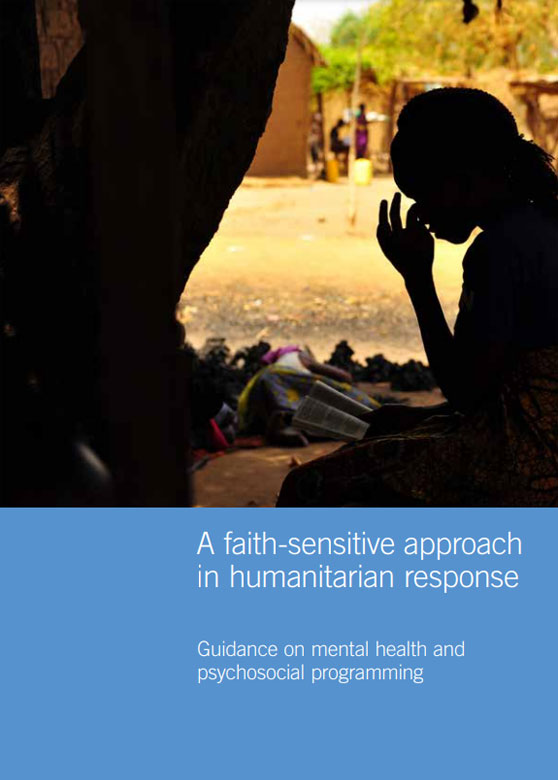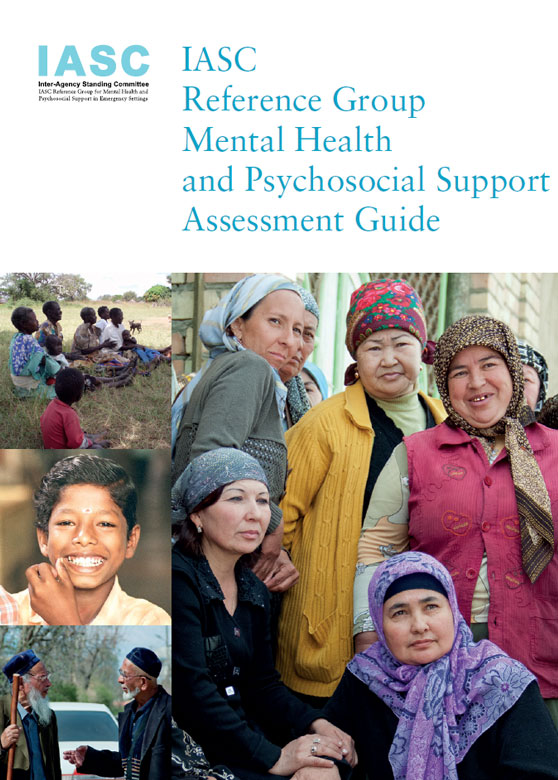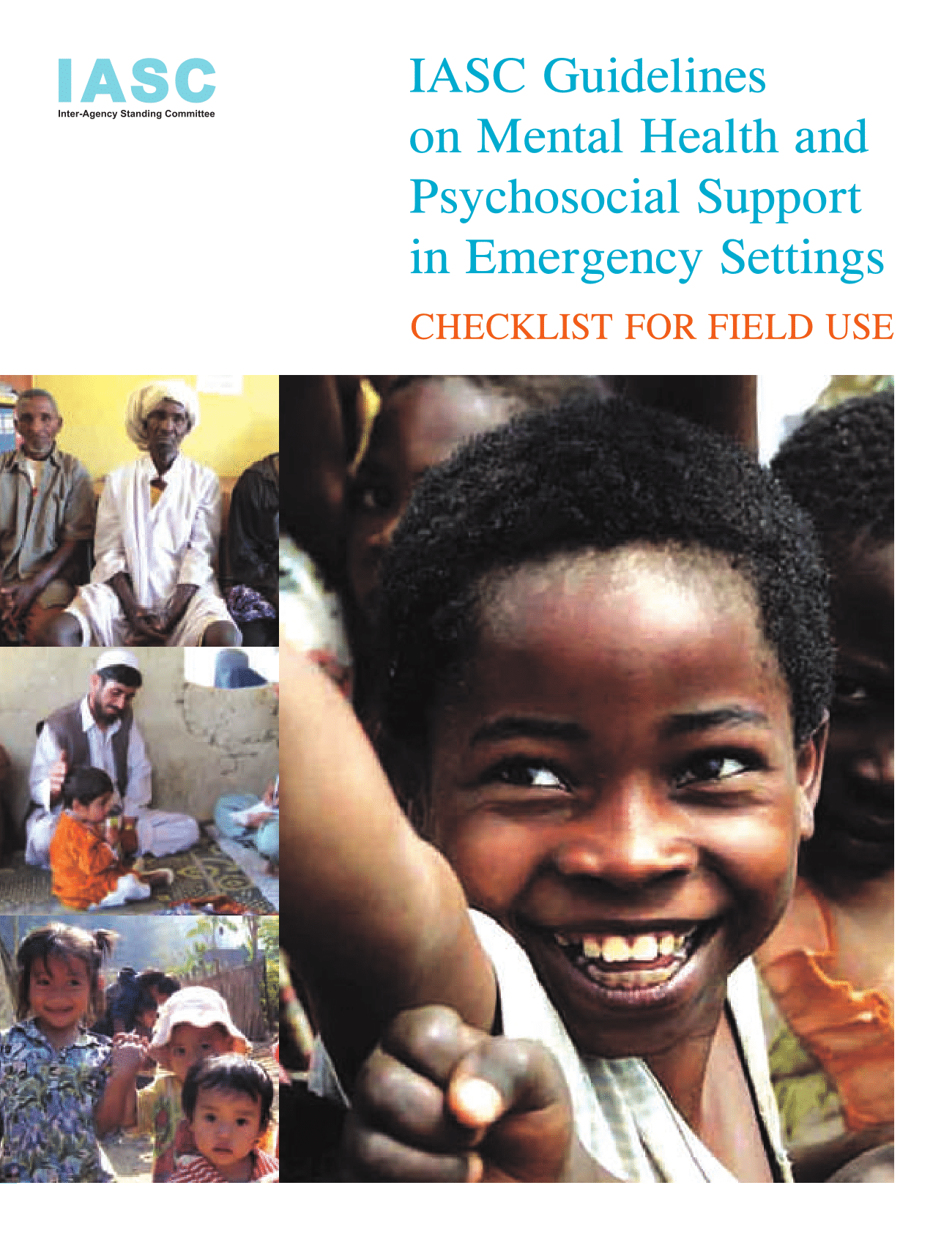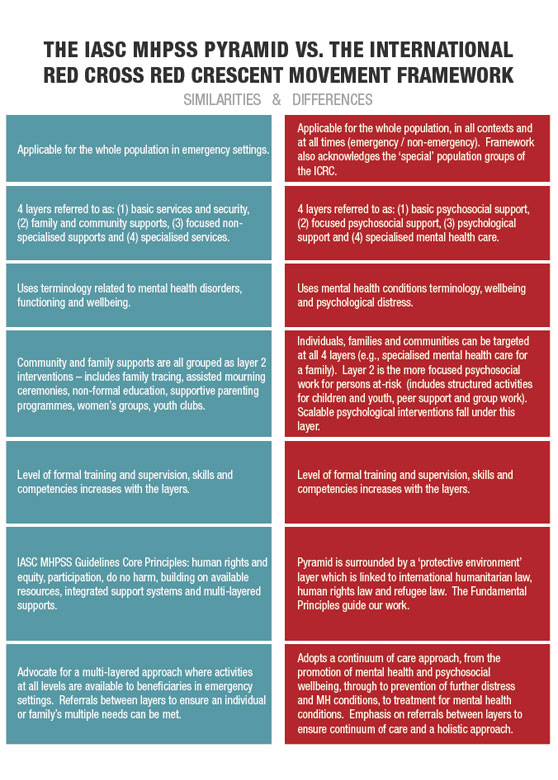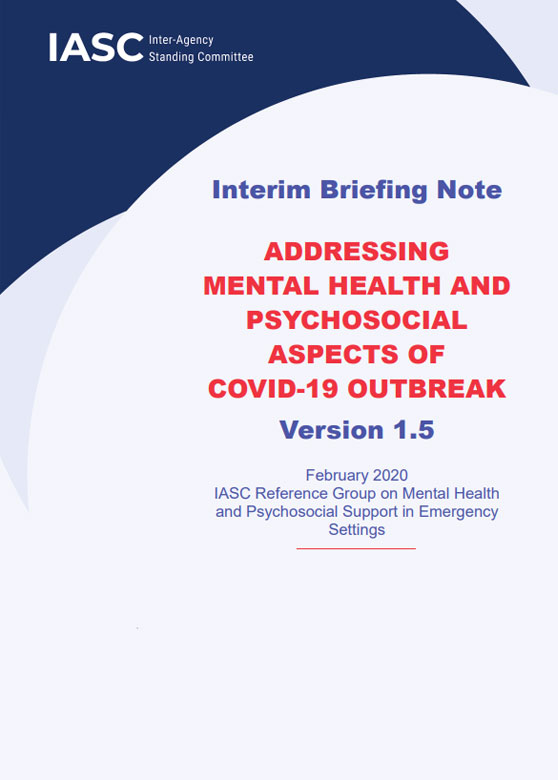Humanitarian agencies have become increasingly aware of the importance of religion in the lives of those they seek to assist and of the potential value of more effective engagement with local faith actors in humanitarian settings. Equally, however, there is concern about how to address these issues in a way that does not threaten humanitarian principles of impartiality and neutrality, nor risk heightening any existing religious tensions. This guidance has been developed to provide practical support to those involved in planning humanitarian programming who seek to be more sensitive to the faith perspectives and resources of the communities within which they are working. It focuses particularly on the programming area of mental health and psychosocial support (MHPSS), but in a manner that seeks to provide pointers for more faithsensitive humanitarian programming overall. The guidance is closely aligned with the existing IASC Guidelines on Mental Health and Psychosocial Support in Emergency Settings (2007). The IASC MHPSS Guidelines are a familiar framework for most global humanitarian actors. By developing faith-sensitive guidance within this structure, we aim to provide for a consistent approach of value to both faith-based and non-faith-based actors. The focus throughout is on the faith and resources of communities impacted by humanitarian emergencies, not on the faith tradition (or not) of humanitarian providers.

